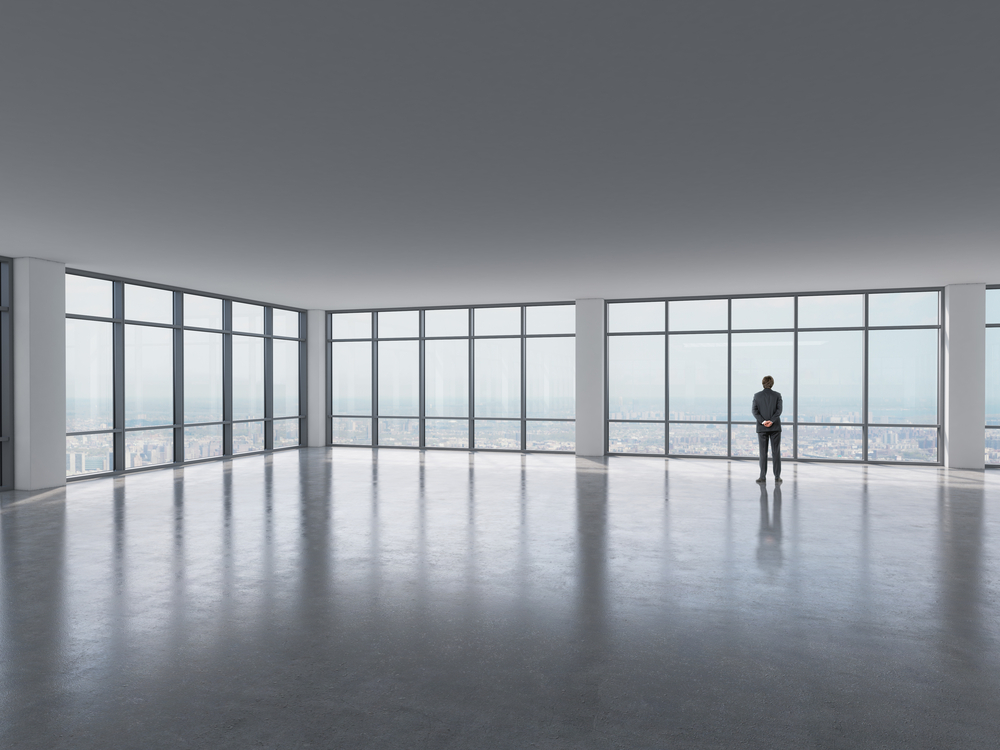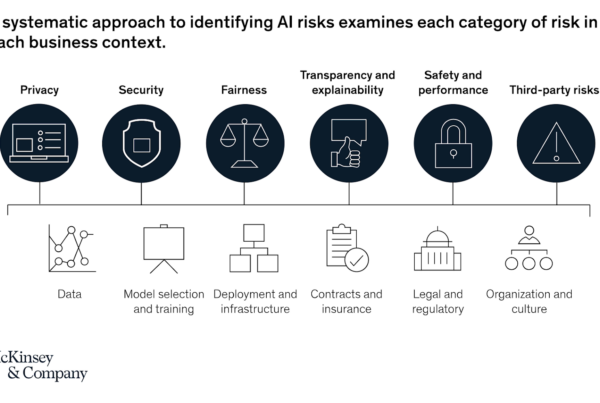There is a lot of discussion about how the pandemic has changed the modern office as remote work-needs surge. Corporations to small startups are all considering the strategic advantages and disadvantages of onsite work and how it will continue to evolve as the pandemic influences employee protections and considerations. How long will the world have to wait for a widely available vaccine and standardized safety precautions, so that it is safe to resume primary in-office work? And when that time comes, what percentage of companies will be interested in on-premise headquarters after adjusting to remote work and collaboration?
“Over the past century, external shocks such as an epidemic or a pandemic followed by an economic downturn have had an immediate to short-term impact on commercial real estate (CRE) asset prices, but a minimal influence on transaction activity. However, the CRE industry recovered from these events at varying paces: While event-oriented downturns showed a quicker rebound, longer-term events, such as the 2008 recession, resulted in a more protracted recovery,” says Jim Berry, who heads up the US Real Estate Division at Deloitte. “As a rule of thumb, the industry has historically lagged the broader economy by six months in terms of experiencing the effects. But the expansiveness, depth, and unprecedented reach of this pandemic has started impacting the CRE industry much sooner.”
Berry notes that as a result, commercial real estate has been financially delayed and slowed down in the following categories: short-term liquidity, leasing volume, and investments. In addition, there has been a widespread increase in operational costs due to enhanced focus on cleaning, sanitation, security, and thermal checkpoints.
In this case study presented in the Harvard Business Review, we meet Alex who is grappling with whether to push forward with an office complex in the midst of Covid-19. Two real estate professionals weigh in on potential solutions and outcomes.
Scenario: Alex, a member of an NYC real estate development group, is working with partners on an exciting development in Moscow which they are calling “Eastern Square.” Eastern Square is a 700,000-square-foot commercial office building. Project partners include (1) a local joint venture group in Moscow, which traded a parcel of land for one-third ownership of the project; and (2) a London-based insurance company who has a 33% stake in Eastern Square. The development is on a prime piece of land in a bustling district. The project also has a prospective anchor tenant.
Everything about the project is humming along when then the pandemic hits. Vacancy rates in Moscow soar from 0.5% to 7%. The city locks down on-site construction crews. Things are looking pretty bleak and then the Moscow-partner receives an offer. The offer is considerably less than Alex anticipated and nowhere near the initial projections; however, it is enough so that all parties break even with a modest profit. Alex is torn because there is a wide range of possible outcomes — the Moscow partners need liquidity, but the London partner sees the value in playing the long game and weathering the crisis. Alex wants to pull it off despite the odds because of its potential upsides from both a financial and career perspective.
“If he could salvage the project, his company’s share of the investment would be worth millions, whereas a sale now would mean starting this chapter of his career from scratch.”
Question for the pros: Should Alex push the project forward or take the deal?
Opinion 1: Sheila Botting, President of Americas professional services at the commercial real estate firm Avison Young
Botting advises making a shrewd decision to protect the capital of his employer rather than feeding his personal motivation — affirming that there will always be another opportunity.
“I’m not declaring the office dead. But its role will evolve; workspaces will be hubs of innovation and collaboration where people, cultures, and ideas can mix, not places we go to every day. And flexible work schedules will be a key factor in the war for talent,” says Botting.
Opinion 2: Brian Patterson, Founder of White Star Real Estate
“Rather than pull the plug, Alex should focus on getting more information, evaluating options, and considering available solutions. In high-stake situations, emotions will often lead you to exit before the door closes. But the door rarely closes completely, and it’s never wise to make under-informed decisions,” says Patterson.
Patterson recommends breaking down the big problems into smaller ones, brainstorming solutions, and considering how practical and feasible they are. In addition, he says there may be a viable option to seek a replacement investor. Ultimately, deciding to stay in the game will take significant time and effort, and Alex should forge a path forward by creating a compelling narrative that convinces the other stakeholders that they can navigate from “the world is falling apart” to “we can make this project a success.”
The case study presents a common scenario as global partnerships evaluate the best way to move forward with the future of work still as a relative unknown. An individualized approach will need to take into consideration what works best for the partnership with regards to financial viability, tolerance for risk, local government directives, economic trends, and leadership priorities. Companies and partnerships that have the best chance at succeeding in this short- and long-term will perform risk assessments, consider macro-political and economic environments, and investigate fundamentals of the location’s office market, especially in the areas of supply, demand, and pricing. Disruption and uncertainty are the only constants in 2020, anticipate more changes, and adopt the best strategic position. Link to Article











